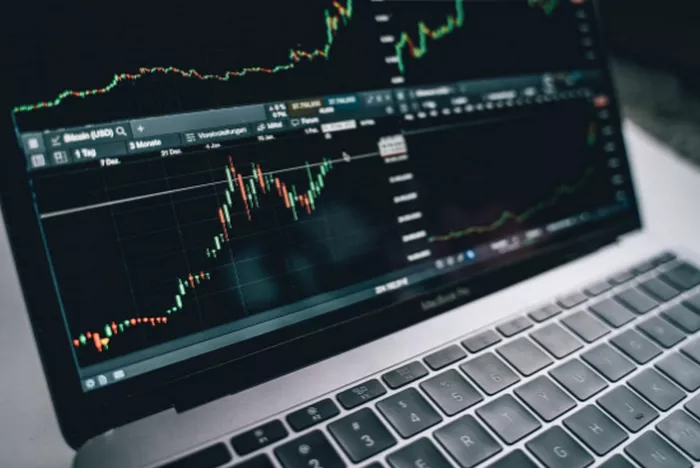Kraken Futures, operated by Kraken Exchange, is a platform offering cryptocurrency futures trading. Understanding the server locations of Kraken Futures is crucial for traders seeking optimal performance and reliability. This article explores the significance of server locations, provides insights into Kraken Futures’ infrastructure, and discusses how server location impacts trading efficiency.
Introduction to Kraken Futures
Kraken Futures is a derivative trading platform that allows users to trade futures contracts on various cryptocurrencies. It offers leverage and hedging capabilities, enabling traders to speculate on the future price movements of digital assets without needing to own them outright. As with any trading platform, the performance and speed of execution are critical factors influenced by server locations.
Importance of Server Locations in Trading
Server locations play a pivotal role in the efficiency of trading platforms, especially in fast-paced markets like cryptocurrency futures. Here’s why server location matters:
1. Latency and Speed: The physical distance between a trader and the server affects latency, i.e., the time it takes for data to travel between the trader’s device and the server. Lower latency results in faster execution of trades, crucial for taking advantage of market movements.
2. Reliability and Uptime: Proximity to servers can impact reliability and uptime. Servers closer to the trader reduce the likelihood of disruptions due to network issues or outages, ensuring continuous access to the trading platform.
3. Regulatory Compliance: Server location can also impact regulatory compliance, as certain jurisdictions may require trading platforms to maintain servers within specific geographical boundaries for legal or regulatory reasons.
Overview of Kraken Futures Server Locations
Kraken Futures operates servers strategically to optimize performance and reliability for its global user base. While specific details about the exact locations of Kraken Futures servers are proprietary and may vary over time due to operational considerations, understanding the general principles behind server placement provides insights into their approach.
See Also: How to Trade Interest Rate Futures?
Factors Influencing Server Location
Several factors influence the decision on where to locate servers for a trading platform like Kraken Futures:
1. Market Proximity: Placing servers close to major financial markets and liquidity hubs reduces latency and enhances trading speed. This is crucial for high-frequency trading and executing orders swiftly.
2. Data Security: Ensuring servers are located in secure facilities with robust cybersecurity measures protects sensitive trading data and user information from unauthorized access or breaches.
3. Regulatory Requirements: Compliance with local and international regulations often dictates server locations. Trading platforms must adhere to legal requirements regarding data storage and processing within specific jurisdictions.
4. Network Infrastructure: Access to reliable and high-speed internet infrastructure is essential for maintaining optimal connectivity and minimizing latency between traders and servers.
Kraken Futures Infrastructure
Kraken Futures employs a robust infrastructure to support its trading platform, including:
1. Data Centers: Utilizing secure data centers equipped with redundant power supplies, cooling systems, and physical security measures to ensure continuous operation.
2. Cloud Services: Leveraging cloud computing services for scalability, flexibility, and redundancy in server deployment.
3. Redundancy and Backup: Implementing redundancy in server locations and data backups to mitigate the risk of downtime and data loss.
4. Global Reach: Establishing server presence in multiple geographical locations to serve a diverse global user base and optimize trading performance.
Ensuring Optimal Trading Performance
For traders using Kraken Futures, achieving optimal trading performance involves several considerations related to server location:
1. Geographic Proximity: Traders can benefit from choosing a server location closest to their physical location or major financial markets to minimize latency.
2. Network Quality: Assessing the quality and reliability of internet connections and choosing providers that offer low-latency routes to Kraken Futures servers.
3. Platform Accessibility: Ensuring compatibility with different devices and operating systems for seamless access to the Kraken Futures platform from anywhere in the world.
4. Monitoring and Support: Utilizing monitoring tools and support services provided by Kraken Futures to troubleshoot connectivity issues and ensure uninterrupted trading.
Conclusion
In conclusion, while specific details about the exact server locations of Kraken Futures are proprietary, understanding the significance of server location in trading platforms is crucial for traders seeking optimal performance. Factors such as latency, reliability, regulatory compliance, and infrastructure play key roles in determining where servers are placed. By leveraging a global network of servers strategically located to minimize latency and maximize reliability, Kraken Futures aims to provide traders with a seamless trading experience. Traders can enhance their trading efficiency by considering geographic proximity, network quality, and platform accessibility when accessing Kraken Futures.


